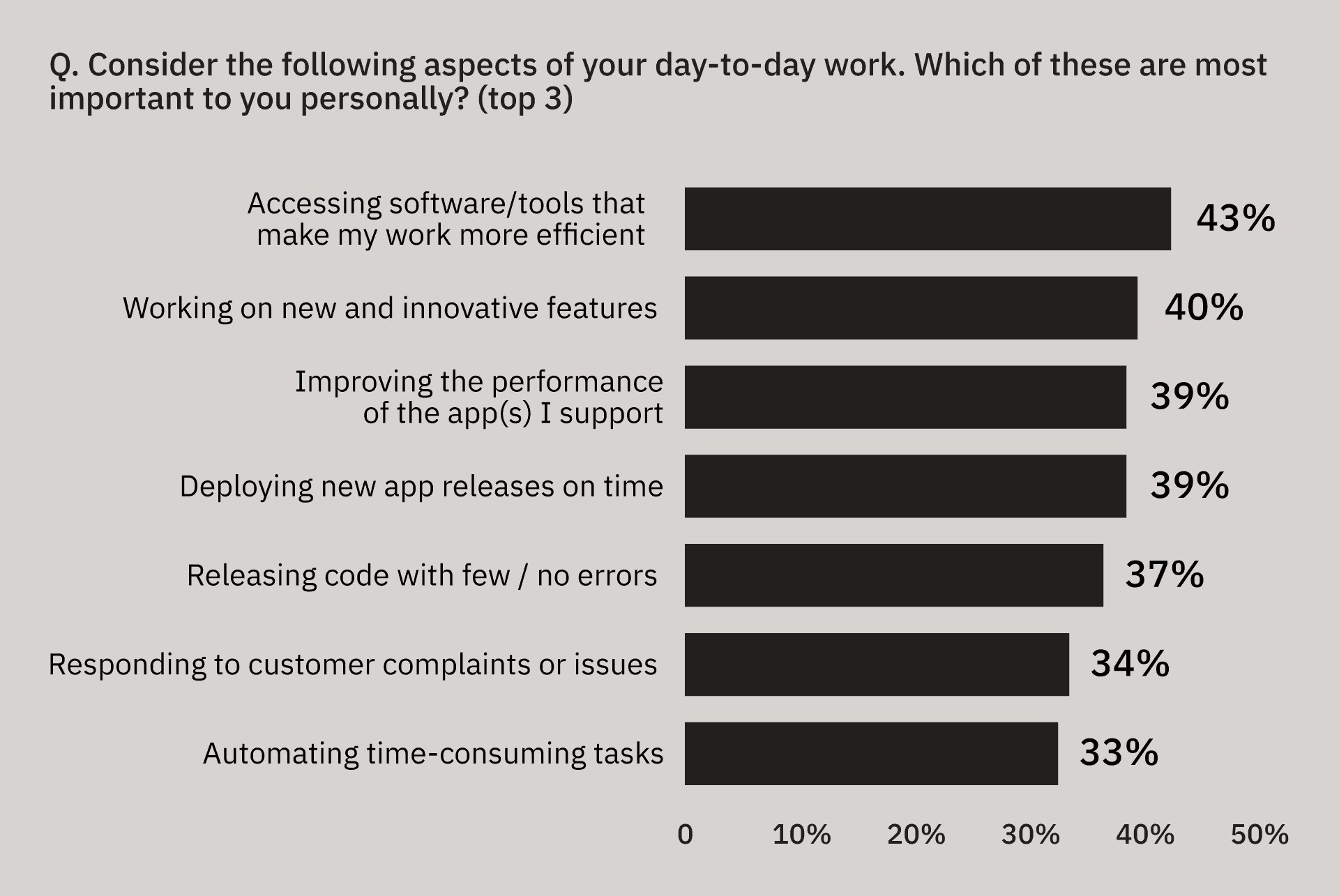
When it comes to mobile gaming, no development ecosystem is more popular than Unity.
With more than 70% of the biggest mobile games leveraging the Unity SDK, according to PocketGamer.biz, trends among developer orgs play an outsized role in shaping this space.
To better understand their priorities and current pain points, we went out and surveyed over 200 Unity mobile developers and compiled the results in our recent report.





